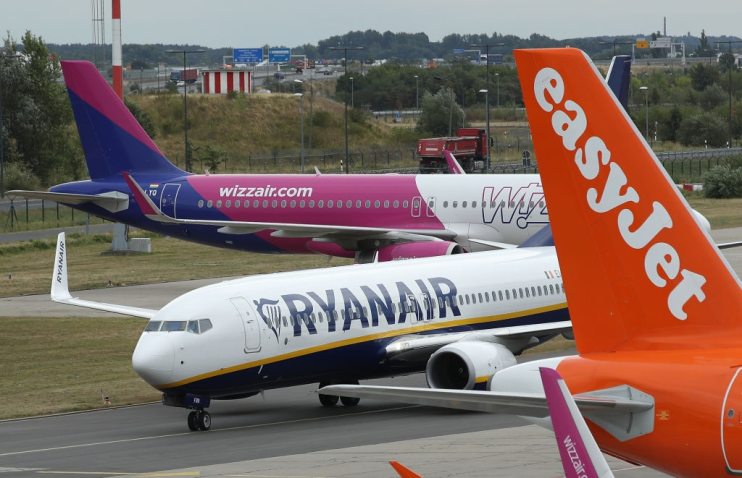Brexit bust: UK flight compensation for delays likely to drop from £220 to £25

The government’s plan to slash flight compensation for delays on UK domestic flights has been branded as “another Brexit win”, as it would impact on consumer refund rights.
Earlier last week, the Department for Transport (DfT) announced it had opened consultations over the adoption of the new regulation, which would see the UK adopt a two-tier system, differentiating between domestic and international flights.
Under the current EU rules, adopted before Brexit, passengers are allowed to a compensation of up to £220 if their flight is more than three hours late and no “exceptional circumstances” can be applied.
With the DtF’s proposal, travellers could ask for a refund starting from one hour delay but they would only be entitled to a percentage of the ticket’s price.
Between one hour and 1 hour 59minutes, passenger would be entitled to a 25 per cent refund, while between two hours and 2 hours 59 nice the refund cap would go up to 50 per cent. From three hours, airlines would need to repay the ticket in full.
“People deserve a service that puts passengers first when things go wrong, so today I’ve launched proposals that aim to bolster airline consumer protections and rights,” said transport secretary Grant Shapps last Monday. “We’re making the most of our Brexit dividend with our new freedoms outside of the EU and this review will help build a trustworthy, reputable sector.”
While the move was welcomed by industry stakeholders, including the Civil Aviation Authority, consumers were not that happy, as it could cut compensation from £220 to less than £25.
“In theory, the changes expose the airlines to more compensation. However, the consultation acknowledges that, in reality, far fewer people will actually have the impetus to make a claim,” the firm told the Guardian.
“The net result is that the airlines will save money because passengers will be disincentivised to make a claim. If compensation is going to be reduced to such a low level then it should be paid out automatically.”